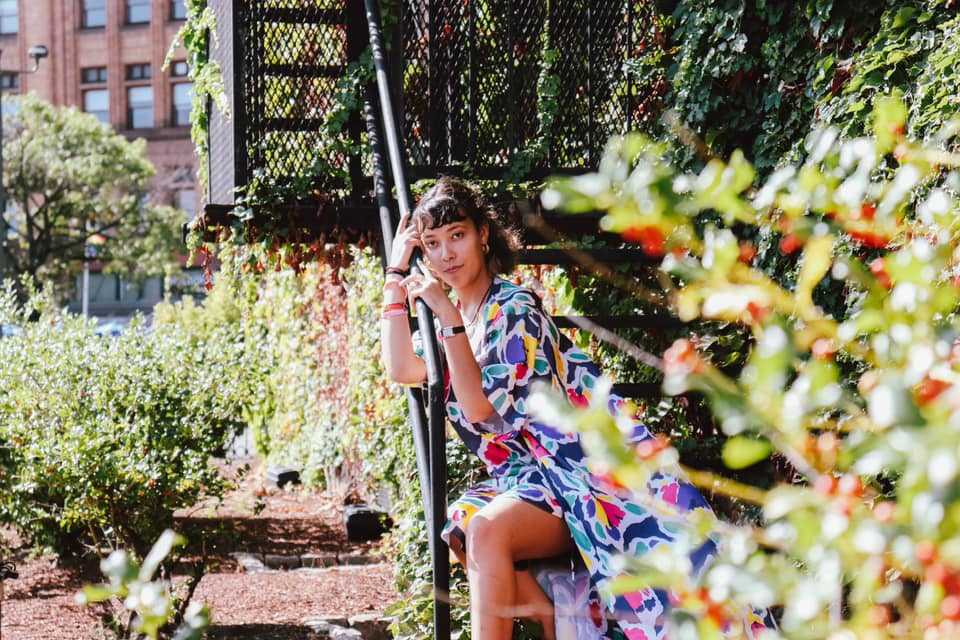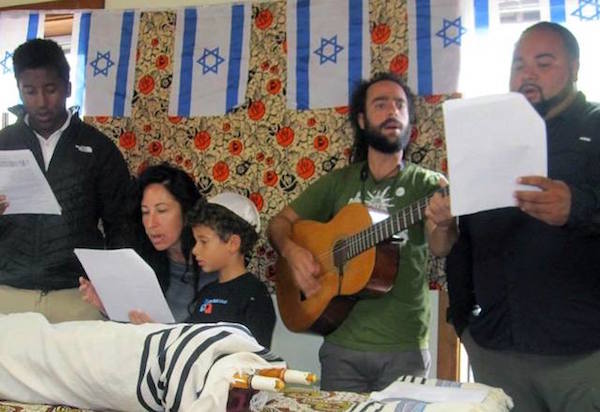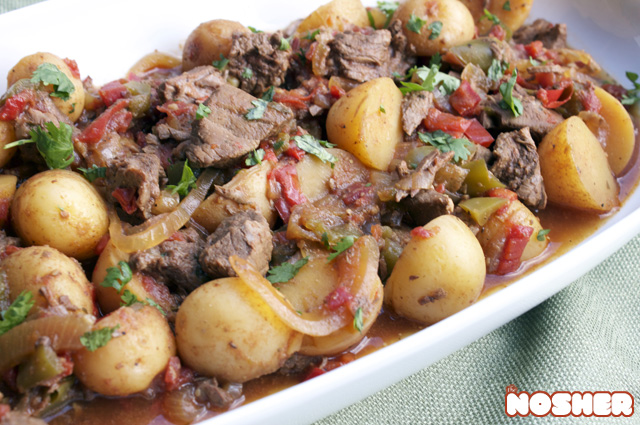The following is the text of a drash that Davis delivered on Erev Rosh Hashanah during a virtual service at Brandeis Hillel.
After all that we’ve been through as individuals, as a nation, and as Jewish people, I think it’s about time for some new beginnings. I don’t know how you all are faring throughout the course of this pandemic, but I can confidently say that I feel worn out. I am exhausted by the amount of energy I have to put into not touching people every day. To me, new beginnings like coming back to campus and the Jewish New Year call for connection, and before this year, in my book, that meant hugs—lots of them.
I have distinct memories of arriving to services as a child to a sea of white, as folks flooded the sanctuary, sitting in chairs they brought from home, on the floor, and in the stairwells. In my mind, the High Holidays are always a time of togetherness, even if that means packing into the sanctuary like sardines.
But now, when getting too close to another individual might just put you in the hospital, it’s time to reinvent what it means to connect, and Rosh Hashanah is the perfect time for a little reinvention, wouldn’t you agree? Whether it’s attending services over Zoom or socially distanced in a tent, Jews around the world are using this time to get creative when it comes to being close to others but also being safe. So, while I lament not being able to deliver this drash in person, I am still grateful to Brandeis and the Jewish leaders on campus for creating the space for us to celebrate safely together.
Rosh Hashanah is a holiday for rebirth and renewal. In the Torah portion, Sarah brings new life into the world, a miracle at her age. Remembering the story of Sarah led me to reflect on the miracles that are occurring in our world, despite the tragedy of the pandemic. When I see mothers carrying their infants, I am reminded that although we are living in dangerous times, the world is still turning and teeming with new beginnings. Babies are still being born, students are going back to school or starting school for the first time, and many of us are learning how to practice Judaism virtually.
While the central theme of Rosh Hashanah may be new beginnings, this time of year also brings new discoveries and reflection. Though many of us are beginning to slowly reincorporate aspects of “normal life,” we are still spending quite a significant portion of our time at home, safe from the virus or quarantining so as not to spread the virus. I don’t know about you all, but when I spend time alone, I begin to think. A lot. Lately, I’ve been thinking about the changes I have experienced in the past year.
This time last year, I was in Sevilla, Spain getting ready to take a bus to an American naval base a couple of hours away for Rosh Hashanah, as the local Sevillano Jewish community did not have enough funding to hold both Rosh Hashanah and Yom Kippur services. I met a group of Semester at Sea students with whom I’m still connected, and I became close with a family who were living on the base. The mother and her son are both Jews of color, and when they walked into the room for services, I felt an immediate connection. At dinner that night, we sat together and traded recipes and I told her about the resources that have helped me grow into my identity as a Jew of color that might also be of use to her sons. That was a night I will never forget.

Davis, center, at the Rota Naval Base, where she attended Rosh Hashanah services last year. (Courtesy)
Flash forward to Pesach a few months later. I have been home for a month. All of my classes are online. I am able to see my friends, but only from a distance and only with our masks on. My mother and I are setting up card tables 10 feet apart in our backyard for a socially distanced Pesach seder with a few families in our chavurah. Everything is different. Everything is new. We don’t sing, but from 10 feet away, we all dance together to Aretha Franklin. We are still learning how to connect with our community without putting each other in danger.
And now, although we have been isolating and distancing for 6 months, we are still discovering new ways to be together and to connect with each other. We still can’t share food, a disappointment to Jews everywhere, but we can still share experiences like this. So, although we are still living in a time of uncertainty and limitation, I think it is important to be grateful that we have each other to lean on as we navigate this new way of life as a community. So, thank you, everyone, for sharing this day with me and for allowing me to add my voice to the space. L’shanah Tovah.







